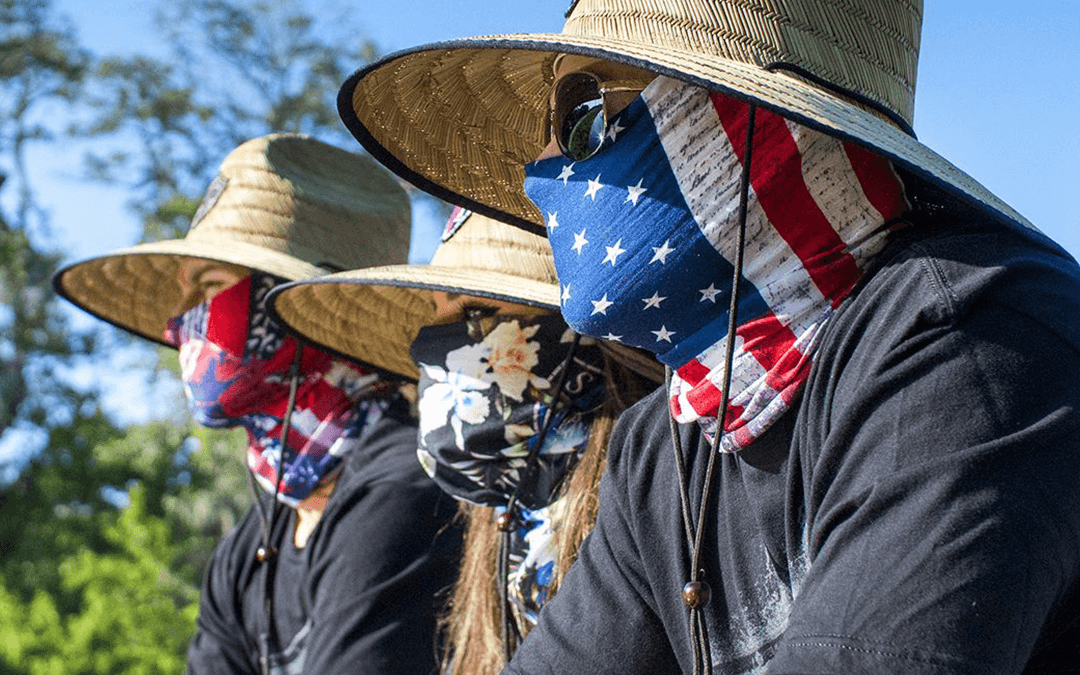
by Eric Price | Jun 24, 2020 | COVID, Featured, Front Page, MNPL, Row 2, Safety, Uncategorized
Image via Pinterest The governors of California and Texas, two big states with major airline hubs in them, say residents need to start wearing masks and taking COVID-19 seriously, or the states might be forced to shut back down. Pre-pandemic, an estimated 143.6...
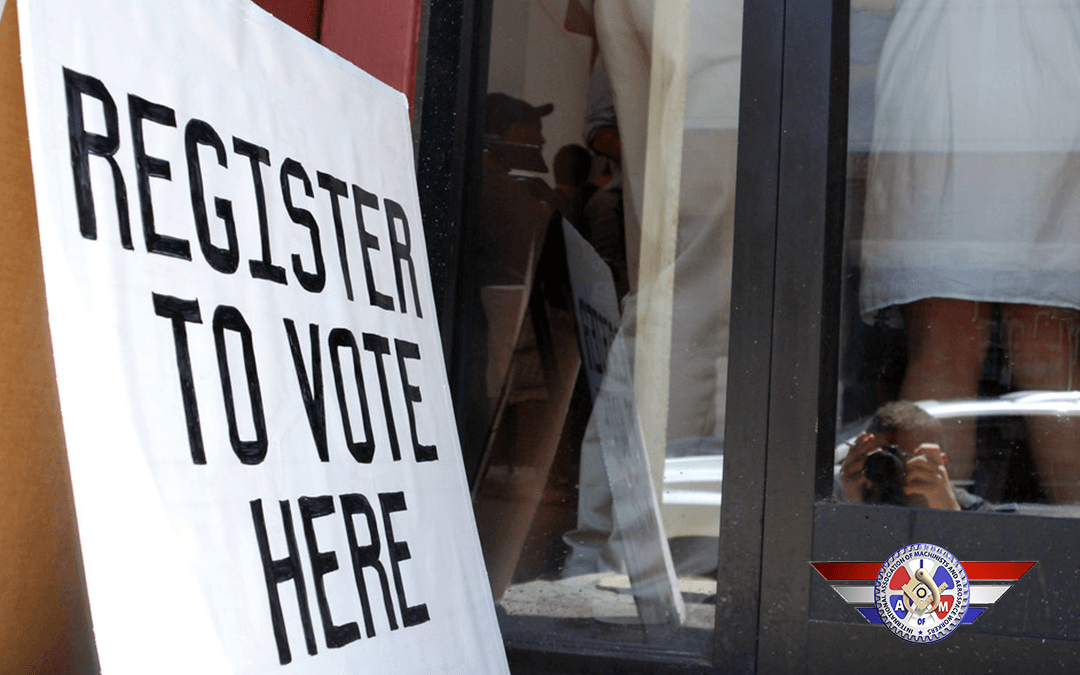
by Eric Price | Jun 22, 2020 | COVID, Front Page, Row 2, Safety, Safety
The IAM joined other labor organizations representing millions of workers across North America calling on Congress to protect every citizen’s right to vote during these unstable times. The coalition is encouraging expanded online voter registration, extended early...
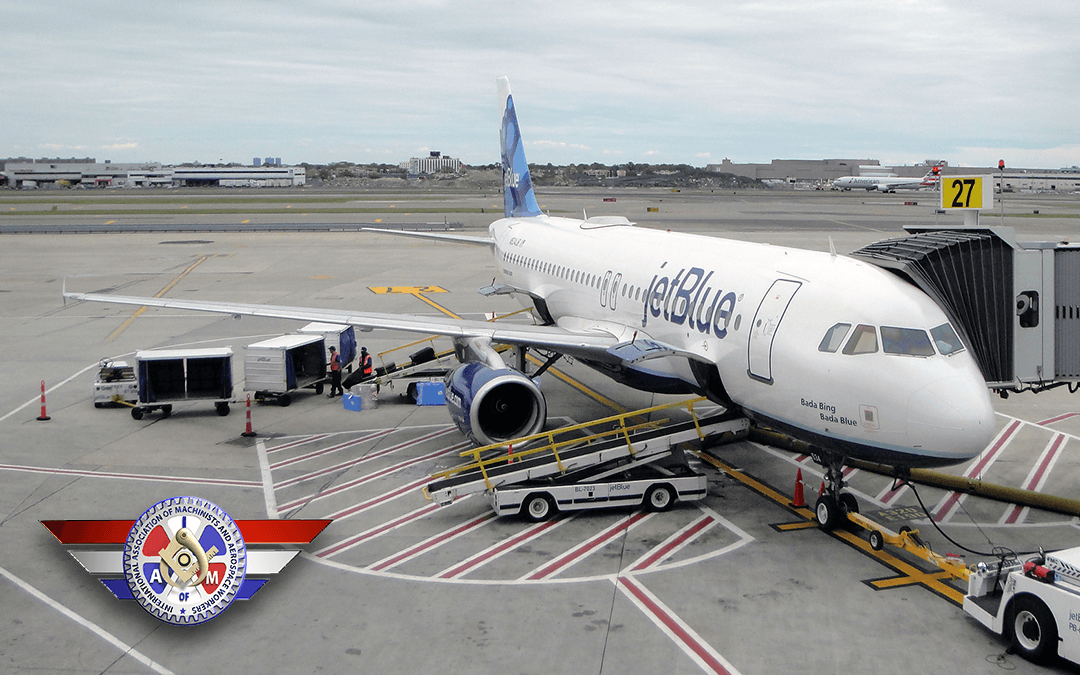
by Eric Price | Jun 18, 2020 | COVID, Featured, Featured News, Front Page, Organizing, Row 2, Uncategorized
/// En Español Mr. Hayes, The International Association of Machinists and Aerospace Workers (IAM), District 141, has become aware of JetBlue’s plan to outsource the work of JetBlue employees in “smaller BlueCities,” which JetBlue failed to identify in its memo. I...
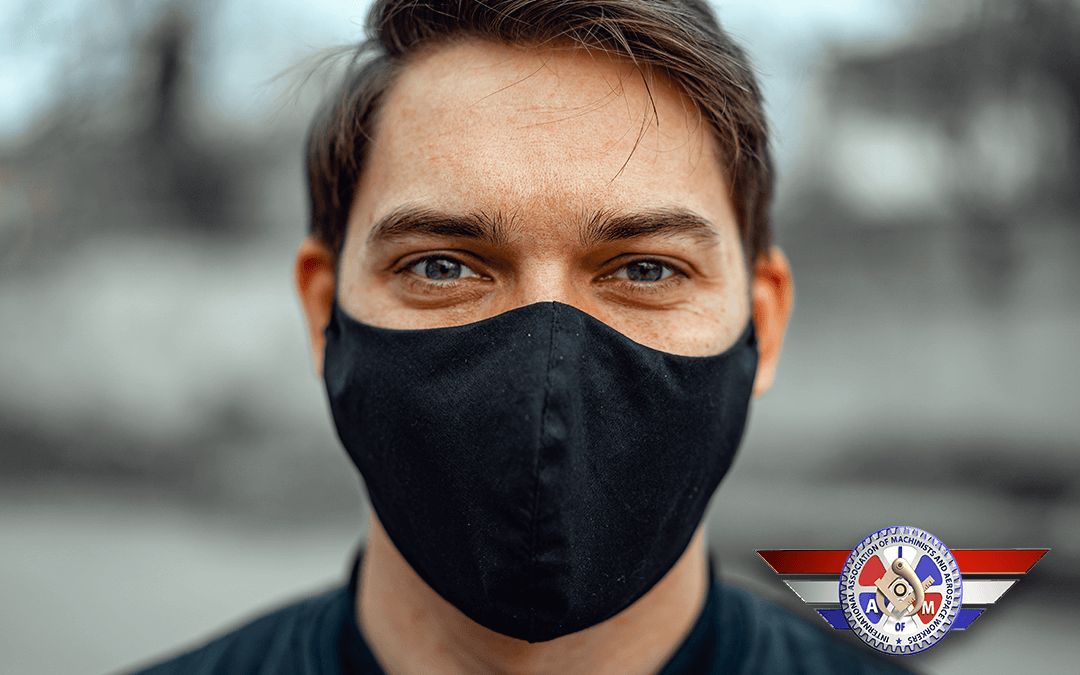
by Eric Price | Jun 18, 2020 | Airlines, COVID, Front Page, Row 2
We, as members of District 141, are essential workers on the front lines every day. Just doing our job is not enough as we work through this COVID-19 pandemic. Our workplaces now mandate practices like social distancing, frequent hand washing, and sanitizing...
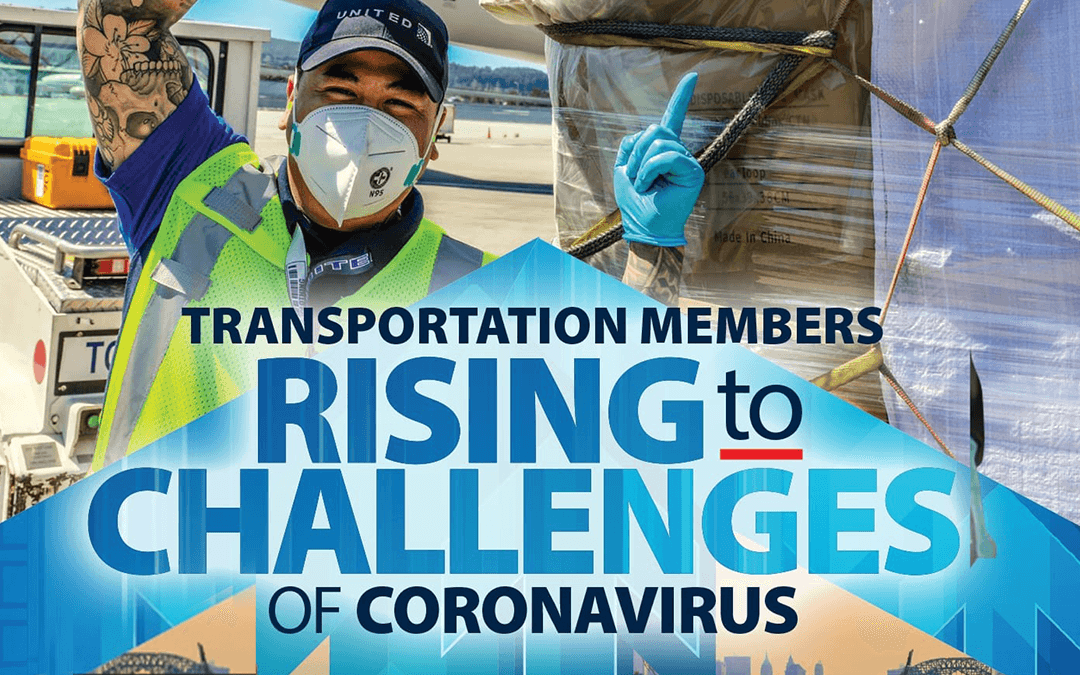
by Eric Price | Jun 17, 2020 | Airlines, COVID, Front Page
It’s all-hands-on-deck for IAM Local 754 members of the Long Island Railroad. The COVID-19 crisis alters things for hundreds of members who usually work in the spring, tasked with overhauling engines and other maintenance, and readying the regional railroad’s fleet of...
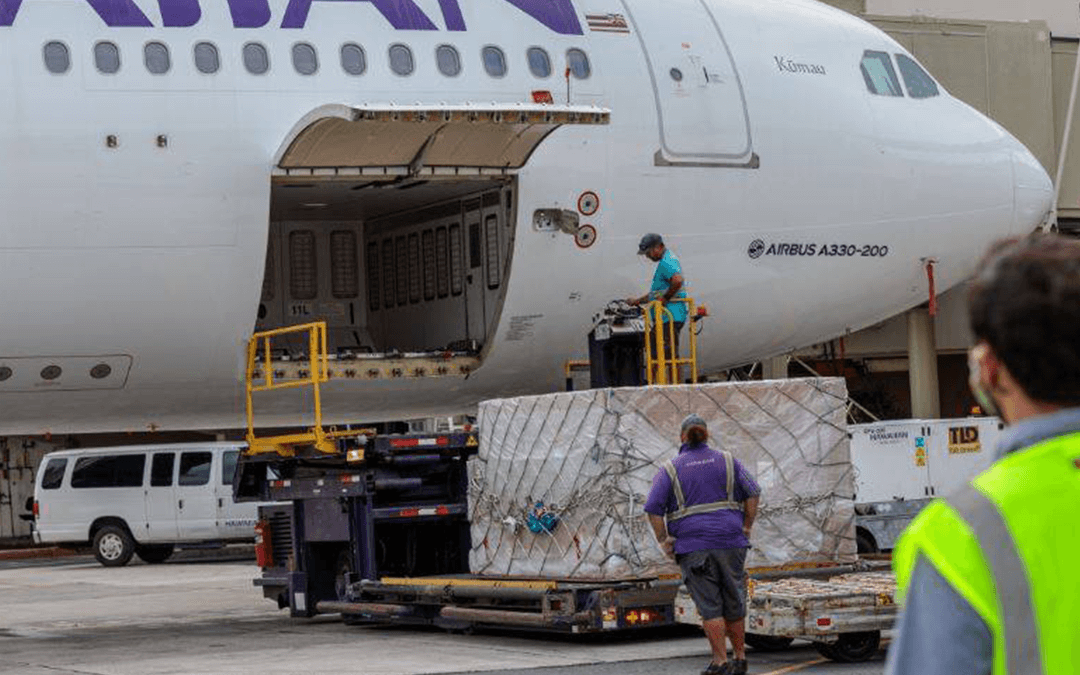
by Eric Price | Jun 15, 2020 | Airlines, American, COVID, Front Page, Hawaiian, Uncategorized, United
/// En Español Question: How do I pay my dues while I’m out on Company Offered Leave? Short Answer: Contact your Local Lodge Secretary-Treasurer. Your Secretary-Treasurer is the best person to talk to about all things related to union finances. Your...







